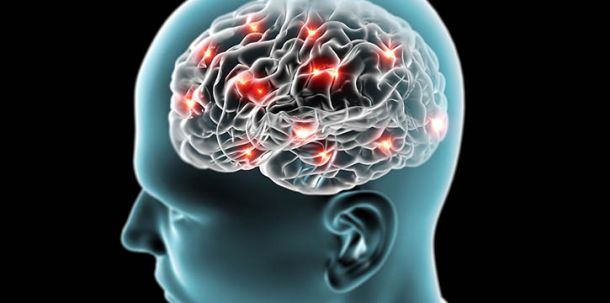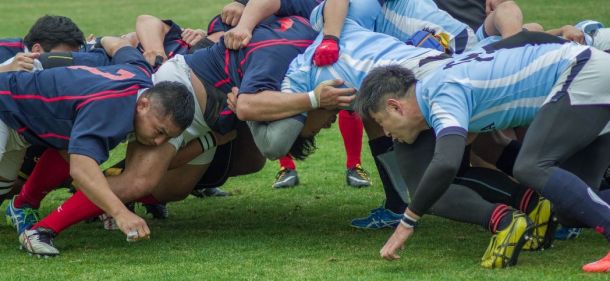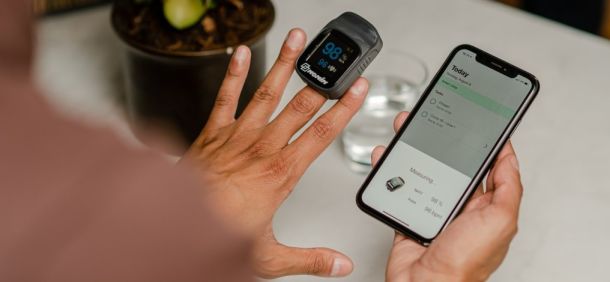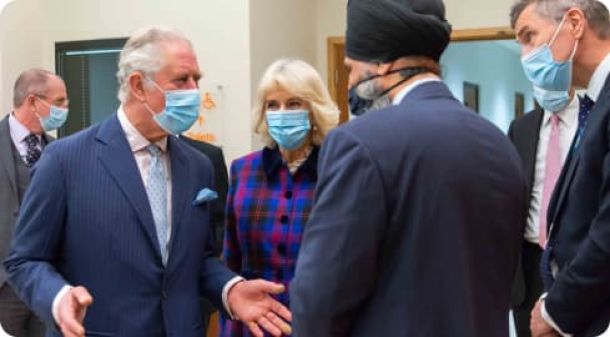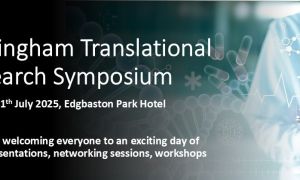
Prize-winning concussion study could transform sports safety
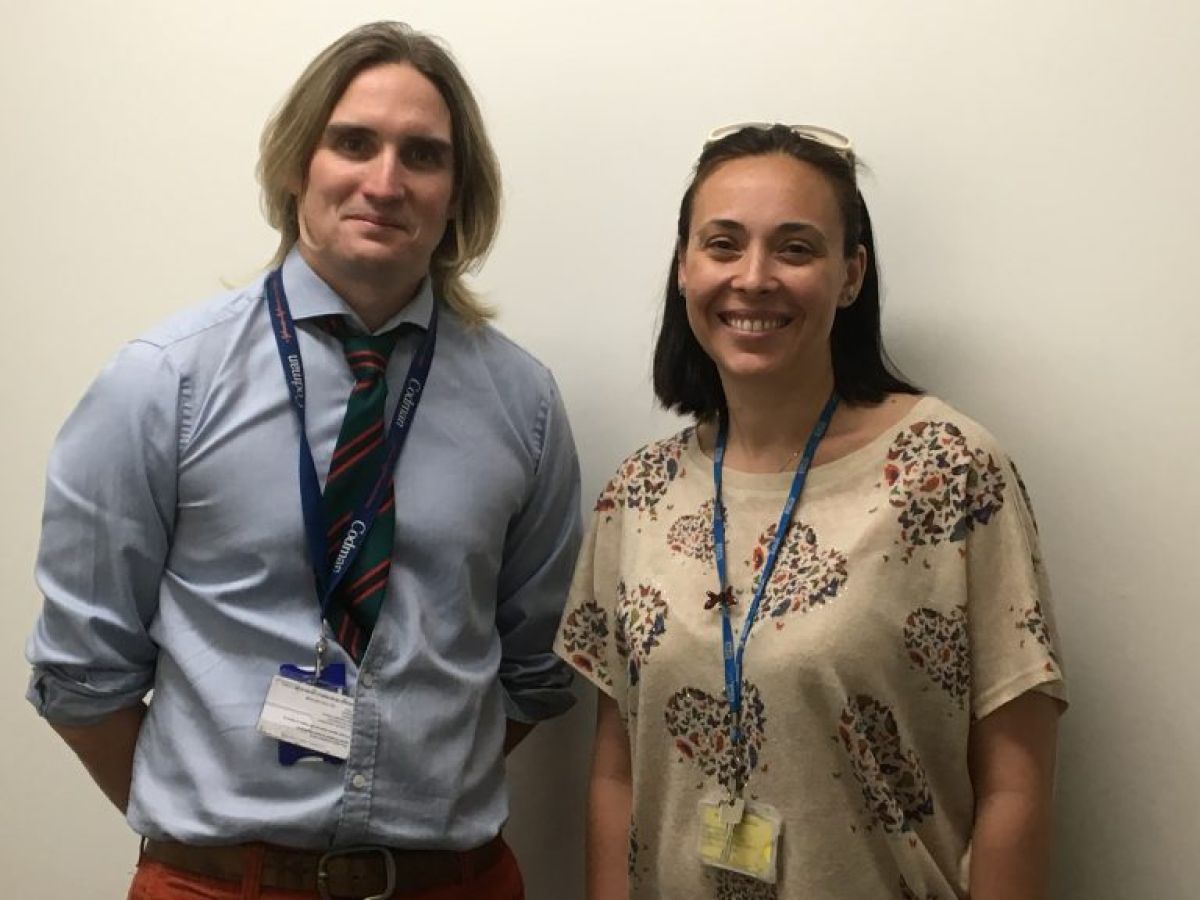
A project that could revolutionise how sports-related concussion injuries are diagnosed recently won the prestigious Sankey prize.
The REpetitive COncussion in Sport (RECOS) project, led by researchers at the NIHR Surgical Reconstruction and Microbiology Research Centre (SRMRC) within the ITM, and University of Birmingham, could help create a test that can be performed pitch-side and objectively determine if a player has been concussed.
The Sankey prize, awarded by the Birmingham Sankey society in honour of a famous surgeon, is a Birmingham-wide award for clinical research. Dozens of abstract entries were shortlisted, and the final four were presented and judged at an event at University Hospitals Birmingham NHS Foundation Trust (UHB) in May.
Dave Davies, NIHR SRMRC Clinical Lecturer, gave the presentation, and has also presented at Grand Round.
“It was fantastic to win the senior Sankey prize for research for our work on measuring concussion,” said Dave.
“We have already identified specific markers that can predict prolonged symptoms and help monitor recovery afterwards, and we now believe these markers could help develop a diagnostic device that could be used pitch-side.
“While I gave the presentation, it’s been a real team effort, and I’d really like to thank my colleagues across the SRMRC and University.
“As the recent Lorius Karius story shows, concussion is increasingly common across all sports, so being able to provide an objective diagnosis during a game would have massive benefits.”
Diagnosis of concussion is currently based on clinical judgements, but RECOS is likely to lead to objective tests that could help better diagnose and manage concussion in the future.
In the 2017/18 season, rugby players from Aviva Premiership Rugby and Green King IPA Championship clubs who suffered concussion in a game came to UHB for clinical tests including neuroimaging, the results of which are compared with blood and saliva samples collected pitch-side by club medics.
Dave works closely with Valentina Di Pietro, senior Research Fellow at UoB, who has developed the biomarkers.
“We’ve noticed that a ‘switch’ occurs during concussion in the brain, leading to changes that can be detected on advanced imaging techniques called spectroscopy, as well as in micro-RNAs,” said Valentina.
“Potentially, we could confirm concussion during a game, which will also help guide recovery times.
“The research will benefit players of all abilities, across all sports.”
The study was carried out in collaboration with the Rugby Football Union (RFU), Premiership Rugby and the Rugby Players’ Association, and was the biggest of its kind to take place in the history of UK sport. A follow-up trial will be led by the RFU.
Professor Tony Belli is the lead for RECOS, and also runs the Birmingham Sport Concussion Clinic (BSCC), which is based at UHB and forms part of the SRMRC. It is open to professional and amateur athletes from the across the West Midlands, and currently sees hundreds of athletes a year.
More information about the BSCC can be found here: https://www.uhb.nhs.uk/birmingham-sport-concussion-clinic.htm
